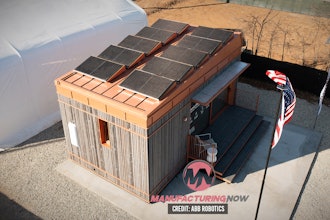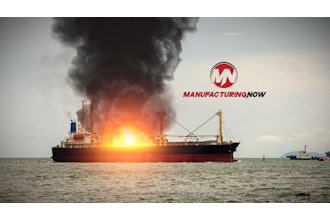Cooking oils are crucial for frying all the foods that make life so worth living. But after they fulfill their destiny and get our jalapeno poppers nice and golden brown, they are also often used as a sustainable fuel. And not just for cars, but also jumbo jets.
Airbus recently flew a three-hour test flight in France using a commercial jet outfitted to run on Sustainable Aviation Fuel or SAF, which is made up primarily of used cooking oil and other waste fats, according to CNN. The test flight, which was run using a single Rolls Royce Trent 900 turbofan engine, was followed by a similar trip to test how SAF was consumed during takeoffs and landings.
Airbus had previously tested SAF with an A350 and an A319neo single-aisle aircraft. But this latest test used an A380, the company’s wide-body passenger jet with two full-length decks with a total area of 550 square meters, or three tennis courts. In other words, it’s a huge gas guzzler.
The fuel used for the test flight is made from hydroprocessed esters and fatty acids, a biogenic hydrocarbon-based renewable fuel free of aromatics and sulfur. It’s also sometimes called a drop-in fuel, meaning that it’s chemically equivalent to fossil fuels and can be used in existing diesel engines without technical blend walls.
As of now, Airbus is hoping to get its aircraft OK’d to fly on SAF by 2030, on its way toward introducing its first zero-emission aircraft by 2035. The airline industry as a whole has pledged to get to zero emissions by 2050. SAF could play an important role in reaching that goal, but it’s apparently fairly costly so it likely won’t be widely adopted soon.
In the meantime, just keep doing your part and eating as much delicious fried food as you can. Consider it a small sacrifice for the future of sustainable aviation.






















